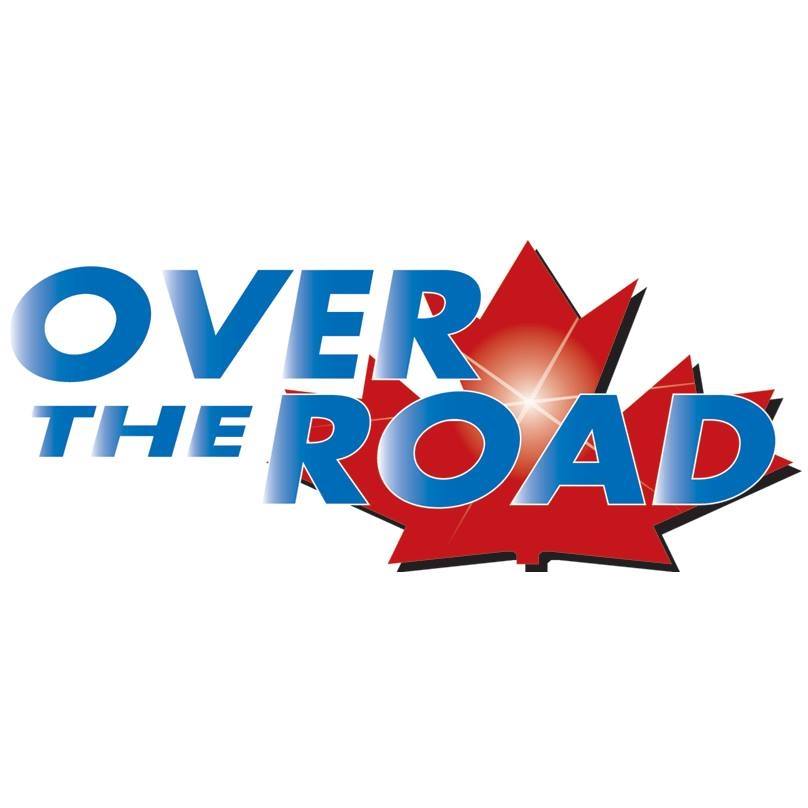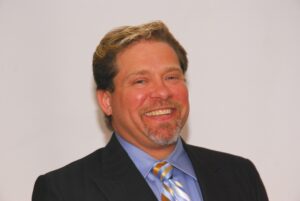Making Your Miles Count PODCAST

Beginning in January 2023 and in association with Over the Road Magazine, Making Your Miles Count will be producing a PODCAST to serve Canadian Truck Drivers and Operators. I have been researching topics and format’s for over two years and I’m excited to provide a wide range of detailed topics. What I am offering readers now is the opportunity to participate in topic development. If you have input or questions regarding anything on our list of 20+ topics, please feel free to contact me through our website. If you have a story, issue, or concern, we may read it or even contact you for an interview if we believe the story is worth telling in audio/video format. Below are two topics on the list.
1. WBYM: Well Below Your Means to Gain Wealth Beyond Your Measure
This topic deals with personal and business financial conservation. It’s the ability to live on less than what you are currently making; to squeeze a nickel ‘til the beaver poops. It’s certainly not a popular topic among those who profess to know how to build riches. Too many people believe that building wealth requires a source of great revenue; the ability to generate six or seven figures of annual income (or more). People are constantly looking for the great “fix” to their financial situation. They look for any investment that will multiply several times over in a short period of time. Investments like: crypto-currency, IPO’s, purchasing or building an APP, any “get rich quick” scheme or a business type venture that returns “lotto” like results. This is a myth perpetrated by those who either don’t have wealth but are about teaching it, or those that have wealth but have not proven themselves as someone who retains wealth through difficult times. Sometimes, Drivers think that becoming an Independent Operator is an easy path to great riches; that “pot of gold opportunity” complete with its own FOMO (Fear of Missing Out).
Building wealth is first and foremost an exercise in restraint, then an exercise in adding/multiplying revenue. Nobody can out earn financial irresponsibility for long periods of time. Short maybe, but eventually it ends in a financial face plant.
There are many ways to reduce expenses: living without is probably the key. But the question is, what to live without and what is essential. It’s the study of needs vs. wants, a controversial and divisive topic at the very least. Often, perceived “needs” are simply a personal desire. The ability to objectively determine one from the other is probably the greatest financial life hack. Whether it’s living in a super small basement apartment, driving a rust bucket beater, or eating rice and beans with a bottle of tap water while on the road, the combinations of restraint doesn’t matter. The bottom line is the only thing. Living “Well Below Your Means” is one of the first disciplines you must master to build wealth long term. It’s an ability even billionaires need to maintain.
What you mastered in restraint is not as important as what causes your downfall. What is your financial nemesis? What is your plan to conquer your foe?
2. Making Your Miles Count: Taxes, Taxes, Taxes
I have had the opportunity to be one of the only authors in Canada to write the above-mentioned book for the Canadian truck driver or Independent Operator. Even though it was published in 2007 it is still highly applicable today. Some of the numbers have changed but only for the better.
Writing a tax book was not a venture into public acclaim. Taxes are not a topic many have written about without having to supply an ample dose of caffeine as a supplement. The Income Tax Act is so dry it must be studied while in the shower or else a reader suffers dehydration. Most people end up delegating their taxes to someone else.
Delegating details is totally acceptable, but delegating basic understanding is akin to spinning the roulette wheel. If your accountant doesn’t explain the system that saves you taxes, they are not doing their job. If every accountant used the same reporting system (or plan) for truckers, every accountant would end up with the exact same tax liability, providing of course, it was free of error and/or fraud. If every accountant possessed the same level of competency and used the same system, choosing an accountant should then be a simple matter of lowest cost. However, accountants don’t all use the same tax reporting system, nor hold the same level of competency.
The book goes into detail about every tax issue Operators are exposed to. One of the primary issues described is the meal expenses on the road. Of all the issues Operators deal with, it represents the topic with the greatest opportunity for saving taxes. The book describes an alternative reporting system to the very popular TL2 simplified method (of which 90%+ of accountants still use today). It was published just a few months after the denial of the Supreme Court of Canada to hear the appeal of the National Class Action lawsuit against CRA for discrimination against the industries TL2 “meal allowance”. It was also several months after the passing of the Federal Accountability Act which supports the general acceptance of equality of tax treatment. The book describes why the Supreme Court was RIGHT in denying the appeal (enforcing the failure of the Class Action) and then provides the alternative system designed to remedy the discrimination.
If it wasn’t for the implementation and benefits of non-taxable benefits to the industry, I doubt if I would be able serve it the way I am today. Where the book outlines a theoretical $7,600 per year savings in 2006, today the savings is a proven $12,000+ per year per driver. The basic understanding of how to save taxes as an operator must be understood by an Operator. It is not advisable to delegate the UNDERSTANDING of how you save taxes. The non-taxable benefit system is loaded with liability issues that must be insured or guaranteed by the accounting firm submitting the return. Using the system without a secured defense against a possible negative CRA audit is too risky. If the firm you use to file your return don’t guarantee the non-taxable benefits claimed, don’t use the system. It is better to return to the TL2 simplified method. Most accounting firms do not guarantee the non-taxable system because it has “joint liability”. Qualifying requires both the accountant and the operator to comply and historically, accountants only guaranteed returns if they have complete control of the issues. Accounting firms don’t accept liability if they are not in control of minimizing or eliminating it.
The book also deals with the topic of owning verses leasing; an issue fraught with myths and half-truths. Properly understood, it can save an operator tens of thousands of dollars over the average life of a truck.
Over the next few months, I will overview a few other topics to be featured on the PODCAST. The PODCAST is designed for industry information and educational purposes. It is not designed to make me popular or a social influencer. I seek to assist Drivers in building long term financial wealth and stability, outside any dependence on our governments “cradle to grave” standards. Building wealth as a Truck Driver and/Operator is not difficult if the right formula is followed. In fact, it’s probably one of the easiest industries to succeed in. I know plenty of very wealthy Drivers and Operators who are well prepared for retirement. You can be prepared too.
